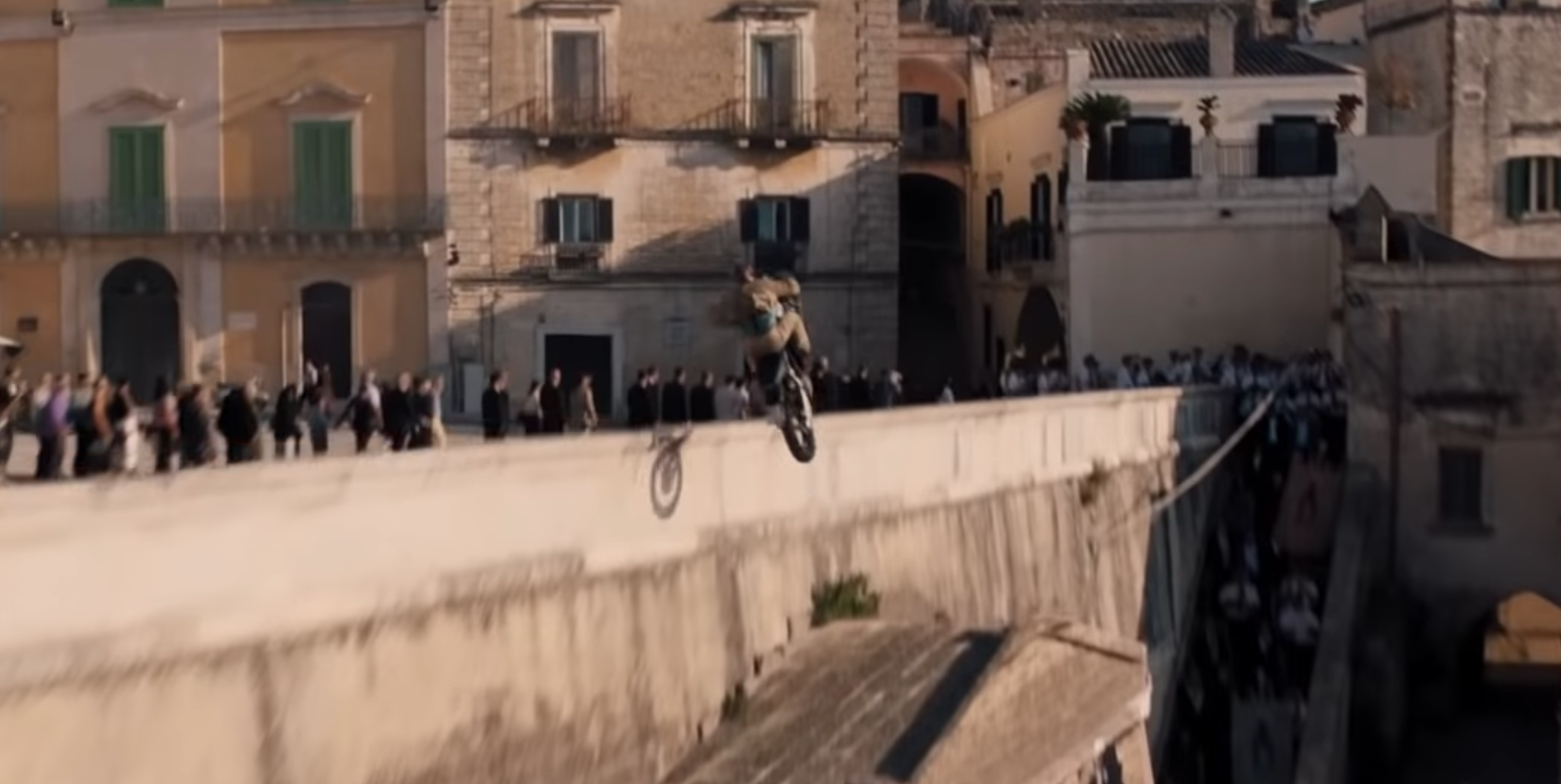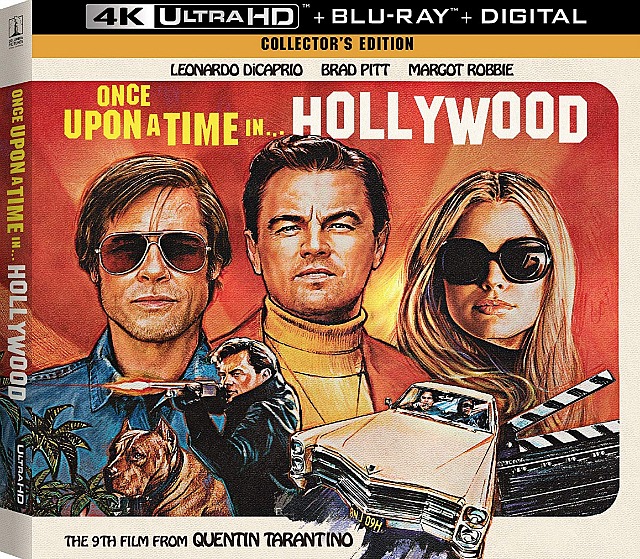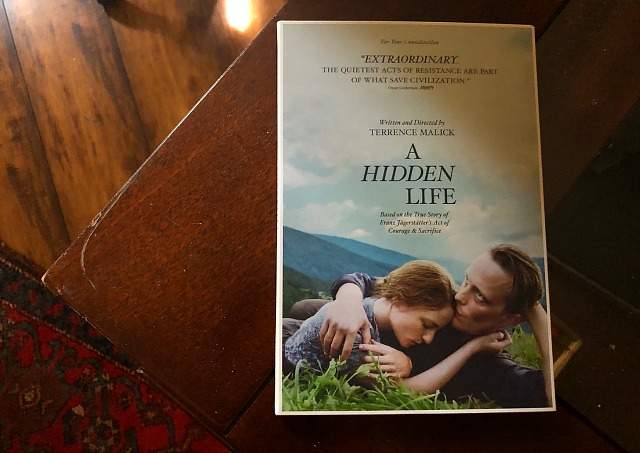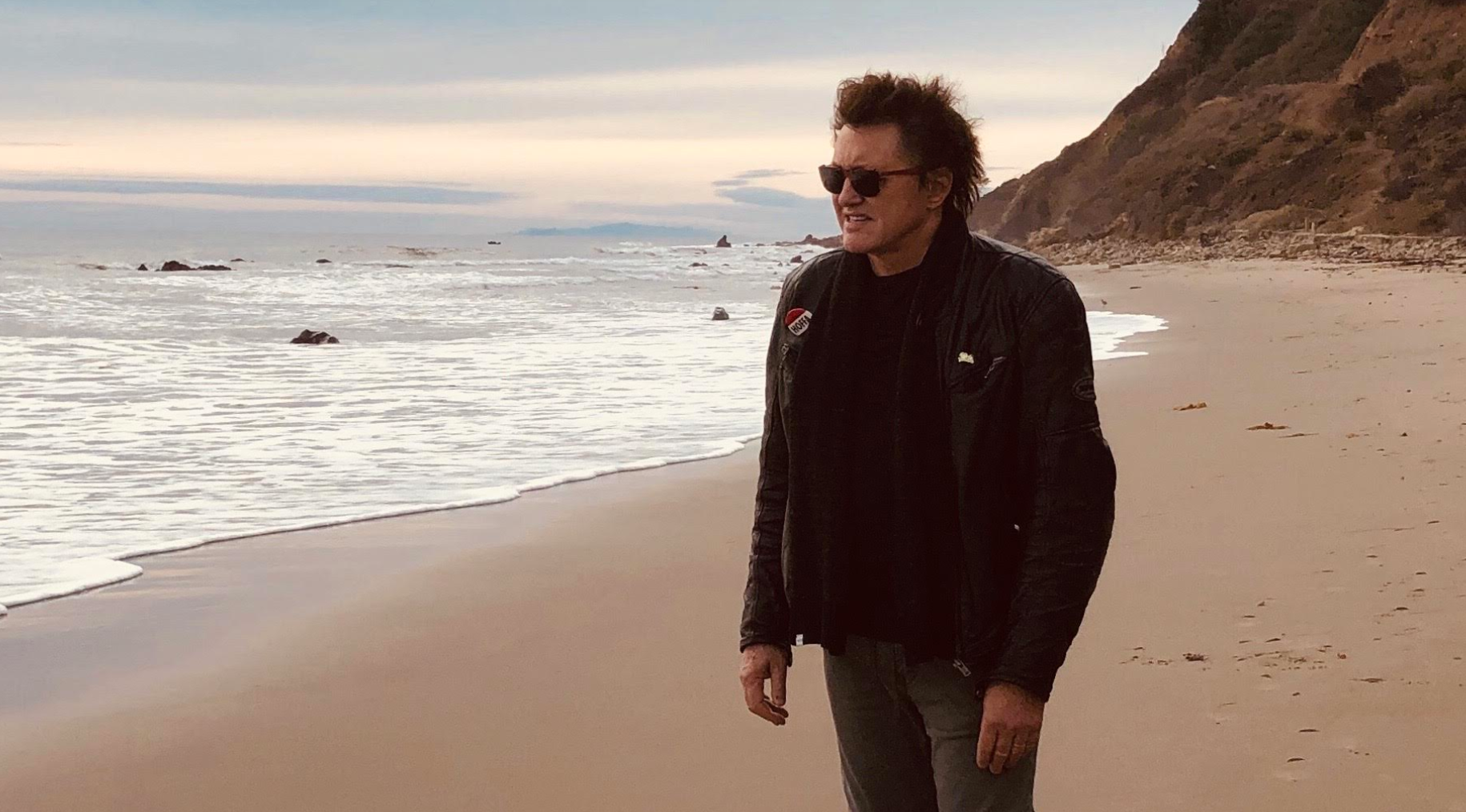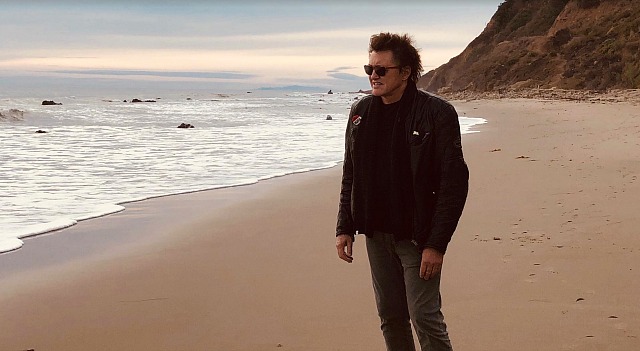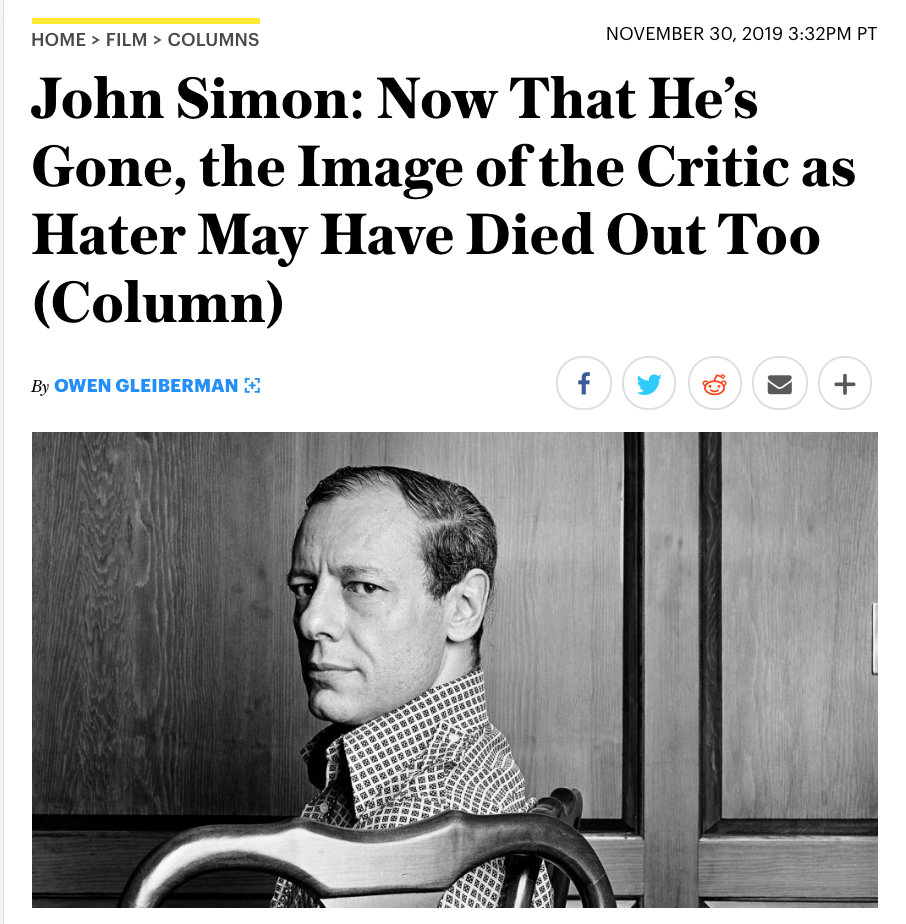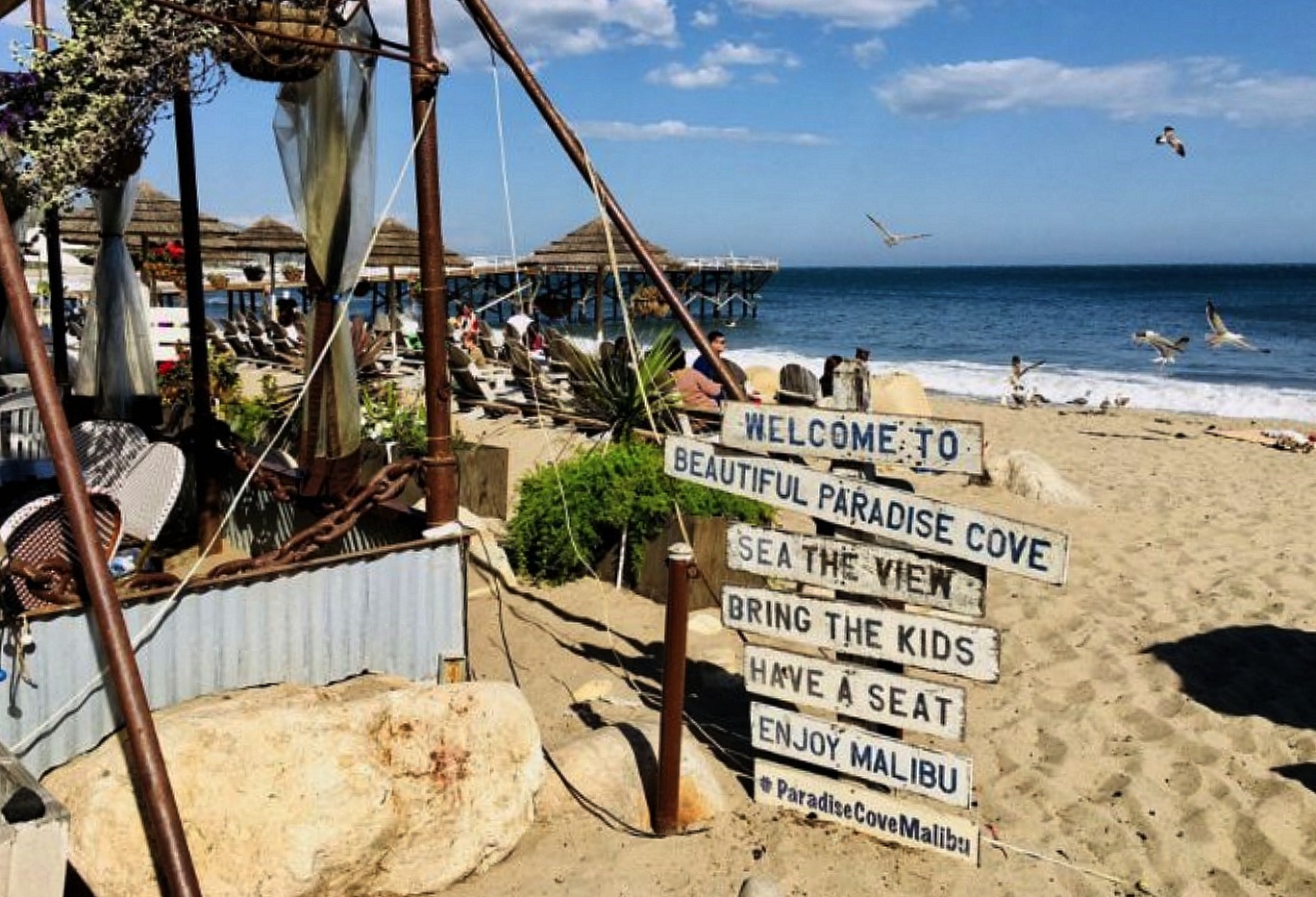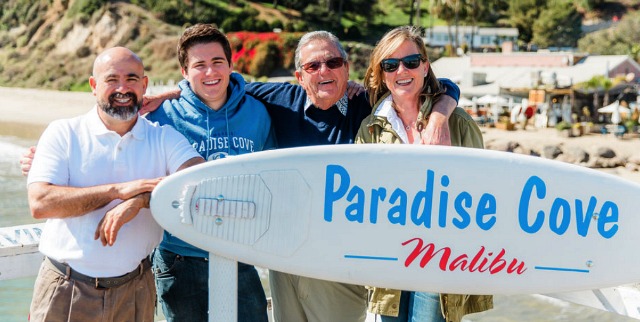The Indiewire-stamped Gotham Awards are currently underway. There are always two questions that follow the presenting of any trophy in any early-in-the-award-season show. One, did the recipient[s] deserve this award? Two, how political, progressive or “woke”-significant was the motive behind the choosing? And three, does this particular win “mean” anything — will it influence the thinking of other award-bestowing orgs?
[10:12 pm] Marriage Story wins the Best Feature award — deserved, not so political, highly meaningful for the Oscars — serious boost.
[Written at 6:05 pm Pacific): HE recognizes that the odds favor Adam Driver winning the Best Actor prize for Marriage Story, but I’d rather see Adam Sandler win for Uncut Gems or Willem Dafoe for The Lighthouse. 10:15 pm update: Driver — sorry about Sandler and Dafoe coming up short, but them’s the breaks.
Best Actress-wise, HE’s favorite contender is Mary Kay Place for Diane. If Place doesn’t win, I’d like to see Awkwafina take it for The Farewell. 10:19 pm update: Awkwafina! Fine, no worries.
Winners So Far: Noah Baumbach‘s Marriage Story has won for Best Screenplay award. Deserved? Yes. How political? Not particularly. Influence? A definite Oscar race booster.
24 year-old Taylor Russell, who plays the daughter in Waves (and who doesn’t figure all that strongly in the narrative until the second half), has won the Breakthrough Actor award. Deserved? Certainly. How political? Not so you’d notice. Influence? Minimal — this is a Gotham thing that will stay in the New York City region until further notice.
Steven Bognar and Julia Reichert‘s American Factory (Netflix, produced by Barack and Michelle Obama‘s Higher Ground Productions, 97% Rotten Tomatoes) has won the Best Documentary award. This is a hand-made, shoe-leather, Frederick Wiseman-style doc about working people coping with workplace conditions and economic currents. My guess is that the Obama-brand had something to do with the win.
[6:10 pm] I have to prepare for the Once Upon A Time in Hollywood event, which starts at 7 pm.


